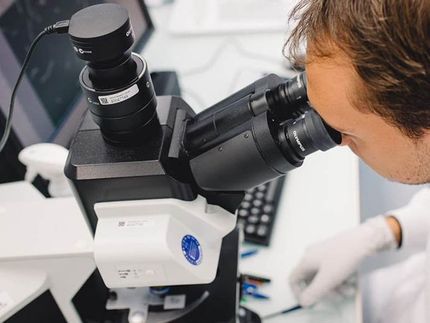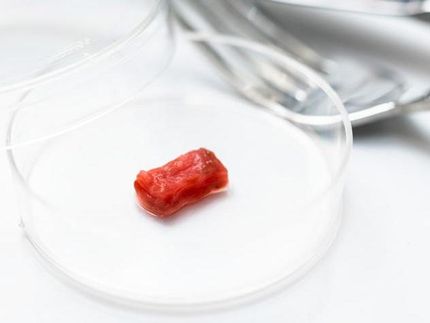Global Cultured Meat Markets Report
By 2040, a Projected 60% of Meat will be Created from Cells Grown Within Bioreactors and Sold Across Grocery Stores and Restaurants Worldwide
Advertisement
The "The Global Market for Cultured meat - Market Size, Trends, Competitors, and Forecasts (2022)" report has been added to ResearchAndMarkets.com's offering.

Computer generated picture
By 2040, a projected 60% of the meat will be created from cells grown within bioreactors and sold across grocery stores and restaurants worldwide.
The rise of the cultured meat market will be supported by the sustainability of the process, as well as the industry's ability to provide "tailor-made nutrition" through its meat and seafood products. Recent surveys indicate that nearly 50% of the consumers do not have any reservations about cultured meat. Over the next 10 to 20 years, the cultured meat market is projected to act as a major disruptor to the conventional meat market.
The number of startups focused on developing cultured meat (and the required cell culture media, supplements, and methods to produce them) has been rising year after year.
There are now an impressive 99 companies worldwide developing cultured meat components, services, and end-products, compared to only four in 2016. Additionally, nearly 40 life science firms have declared and formally launched products to supply market competitors with the essential inputs they need to support cultured meat and seafood production.
Because cultured meat is an early-stage industry, the language to describe it is evolving in real-time. Currently, company executives use a range of terms to describe the field, including but not limited to cultured meat, cultivated meat, cell-based meat, clean meat, cellular agriculture, and lab-grown meat, as well as slaughter-free meat and ethically grown meat, to a lesser extent. The potential of cultured meat has captured the imagination of investors, researchers, and consumers alike.
Although the cultured meat market is a nascent industry, 2020 was a landmark year because a cultured chicken product developed by the company Eat Just made its debut on a restaurant menu in Singapore, after the country's food agency approved its sale to the public. The regulatory approval of this cellular food product within Singapore provides hope that other regulatory approvals could follow worldwide.
The flow of capital into the cultured meat industry has also grown substantially in recent years, reaching approximately $1.0 billion over the past 12 months. Additionally, investments in 2020 surpassed $360 million and this was six times (6X) greater than the amount that was invested in 2019.
Major investments within the cultured meat market have included Cargill's investment into Memphis Meats and Aleph Farms, as well as Tyson Foods Venture Fund's investments into Memphis Meats and Future Meat Technologies. Wealthy investors are also piling into the cultured meat market. For example, billionaires Bill Gates and Richard Branson joined with Tyson Foods, DFJ, Atomico, and Cargill to invest in the Silicon Valley start-up Memphis Meats.
The start-up company rose to fame when it produced the world's first lab-grown meatballs made by cultivating cow muscle tissue within a sterile environment. Another notable name in cultured meat investing is Dr. Rick Klausner, who is a lead investor in the Dutch company Meatable. He is the former director of the U.S. National Cancer Institute (NCI) and former Executive Director of Global Health for the Bill & Melinda Gates Foundation.
The cultured meat industry also witnessed its first public-sector R&D funding awards within the U.S. and the European Union, and China signed a $300 million deal to buy lab grown meat produced in Israel in a deal that openly signals its intent to supply cultured meat to its population of 1.4 billion.






























































